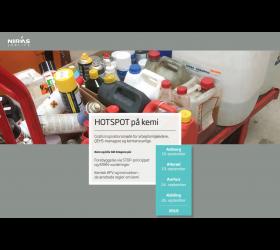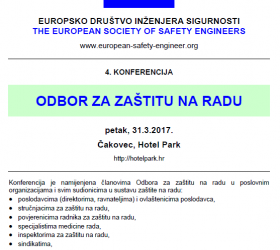Visibility events
Suitable for:
All types of organisations.
What is it?
This is typically the kind of event you want to do either at the end of your campaign or that can be used as the backbone of your communication campaign. The scope of these high visibility events is huge and can include:
- Awards
- Festivals
- Exhibitions
- Competitions
- Promotional tours, etc.
The focus of these events is on creating a buzz and generating media coverage. They do not focus on content. They should be creative.
Benefits
- You can generate great media coverage and remind them about the most important messages of your campaign.
- If well organised, the event will be memorable for your audience.
Limitations
- These events are usually expensive and they involve time and energy.
Financing the event
- Budget, budget, budget:
- Estimate how much this event will cost you and how feasible it is.
- Make sure you budget all your actions and have asked for exact quotes from providers.
- Keep at least a 10-15% of your budget for unforeseeable cost.
Planning the event
- Think of a concept first. Decide on the event format and your objectives.
- The objective is to generate media attention. Think hard about whether the event is indeed going to interest the media. Answer these questions:
- Does the event involve someone famous?
- Is it something no one has done before?
- Does it have an interactive element to it?
- Does it have a prize linked to it and did many people participate in the event? Is it taking place in a particular unique location?
- If you are inviting the media, make the most of it. Plan their participation:
- Can you set up some interviews?
- Do you have a room where they can conduct interviews?
- Do you have press kits and any other relevant media info?
- Develop an agenda and a list of participants and speakers
- Plan well in advance. These events will take months to prepare. It is best to allow at least a six to eight month preparation time.
Practical considerations
- You will need to book some things very early, such as:
- The venue
- Travel tickets for participants and speakers
- Accommodation, etc.
- Don’t underestimate the level of detail and planning all the logistical arrangements require. A practical detail going wrong - such as not having microphones - could ruin an otherwise great event.
- Make sure you have planned for the design, production and delivery of the information material:
- Everything should arrive at least a day before the event. Ideally at least 2/3 days beforehand and always have a plan B.
- Make sure you could feasibly produce some low quality print outs of key information materials at the last minute.
- Check the business centre of the venue you are at, if there is one.
- Always carry a USB stick with all the presentations and PDF/print versions of all documents and material you need at the conference with you.
- Do a test run the night before:
- Test all equipment.
- Check the venue.
- Have all suppliers’ contact details with you. Have a list on the day with the contact numbers (preferably mobile numbers) of all the colleagues that need to help you, your partners, your suppliers, invited media, etc.



